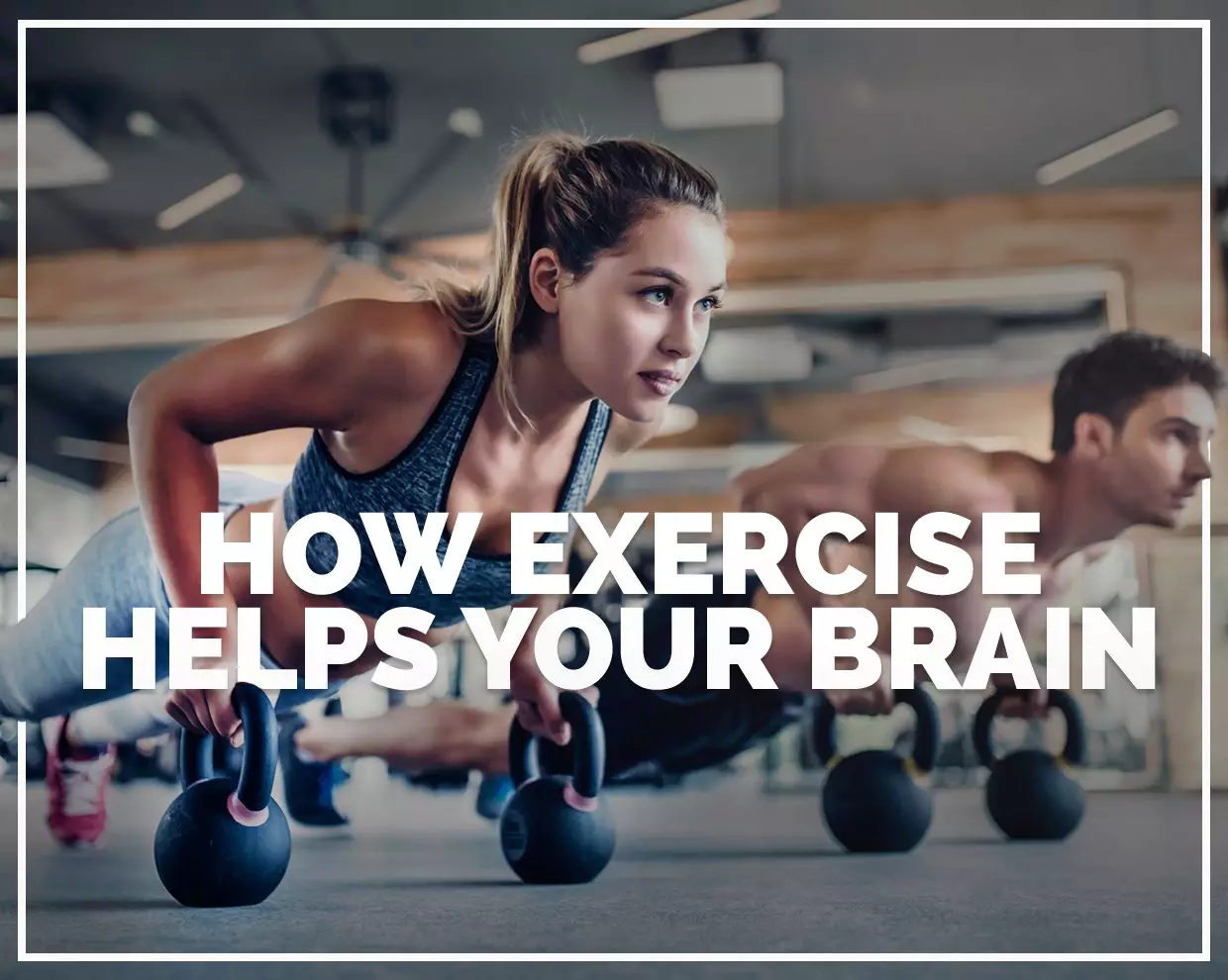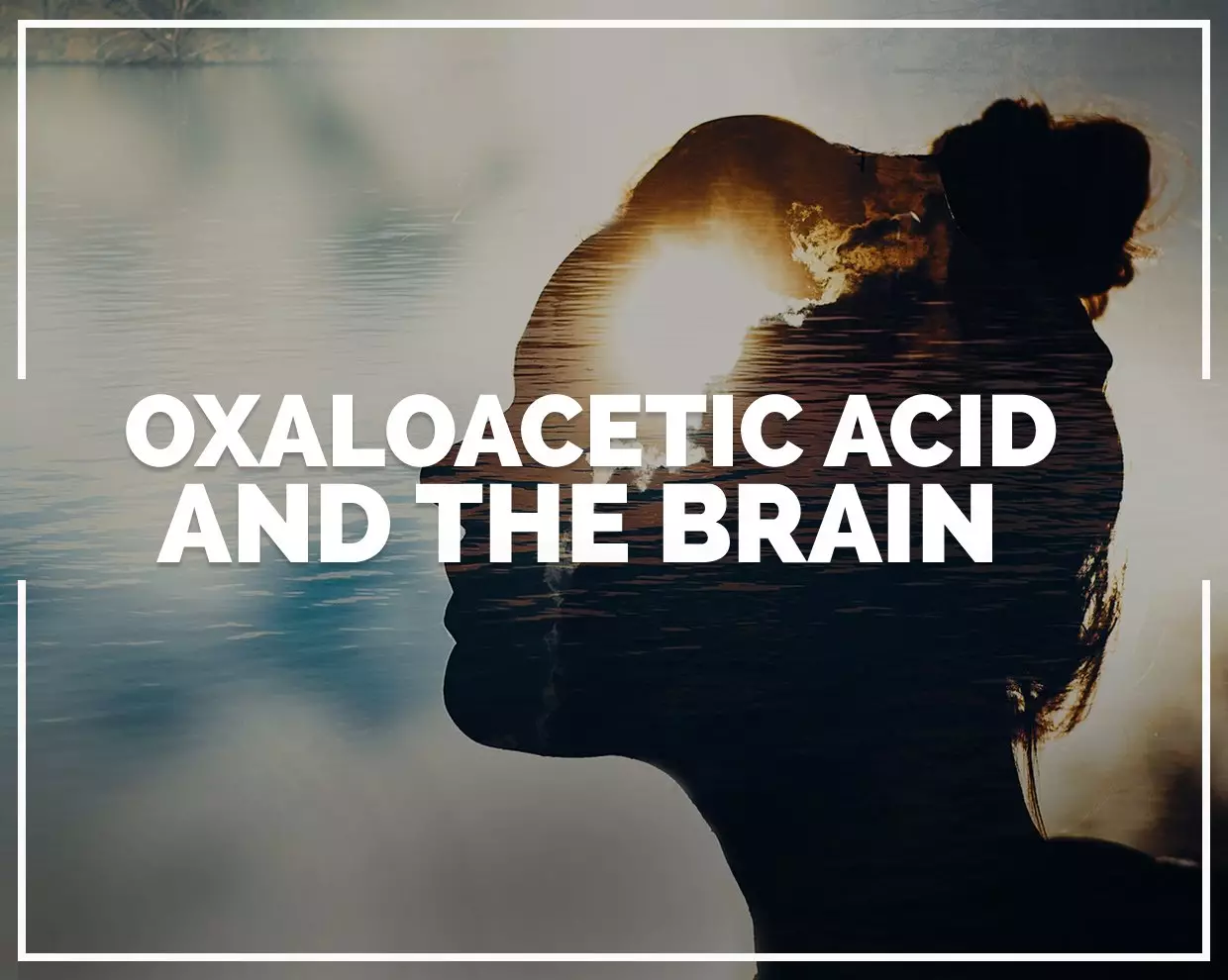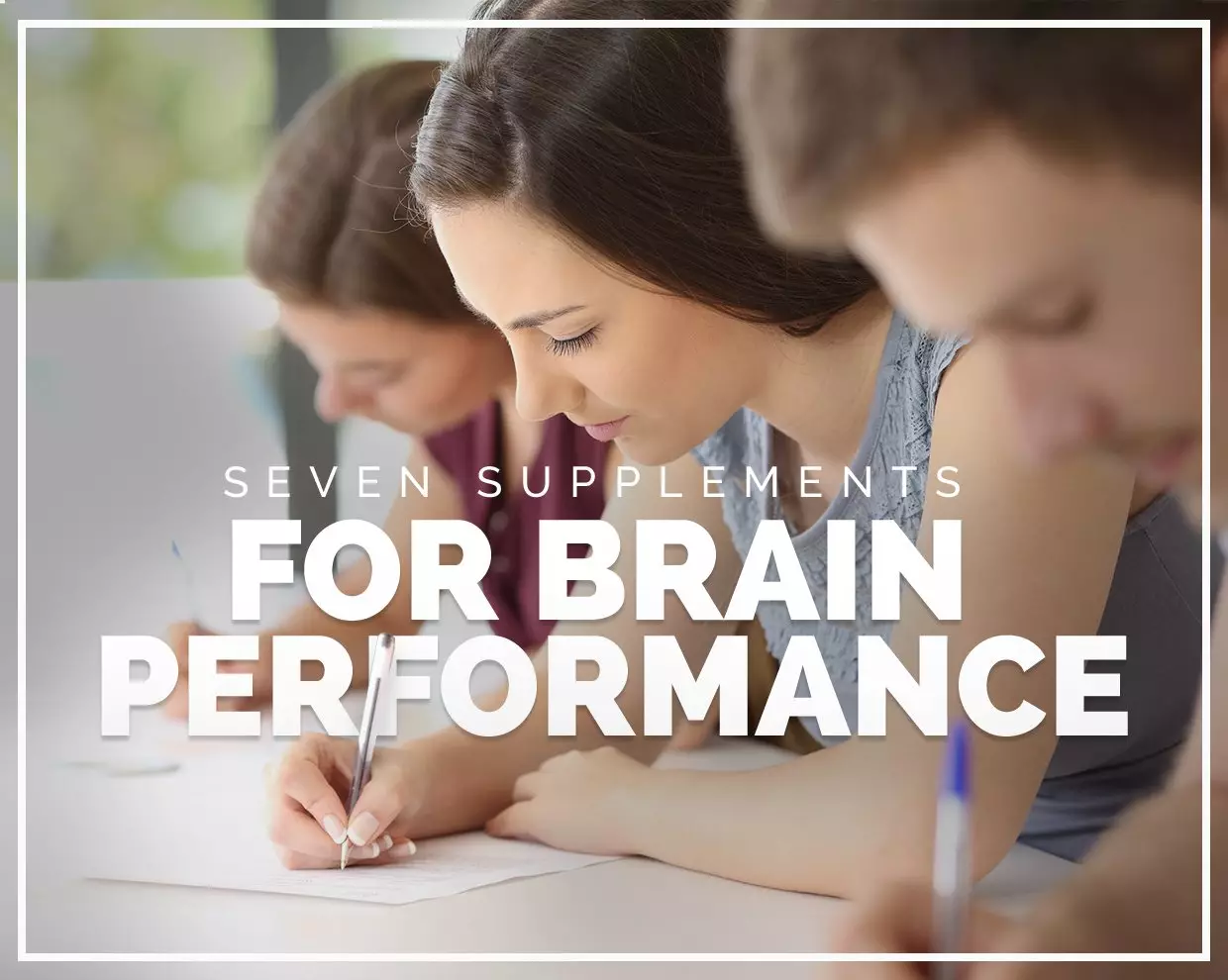When we think about the importance of regular exercise, we usually focus on its many physical benefits. These include the positive impact on energy levels, cardiovascular health, bone health and helping you to maintain a healthy weight. However exercise is also extremely important to the health of your brain.
Regular aerobic exercise is strongly linked with better memory, concentration and mental health outcomes. This has implications for people young and old, but a particular relevance to the aging brain and neurological disorders like dementia and Alzheimer’s.
How does exercise help memory, learning and concentration?
Exercise has been shown in animal models to enhance the growth of new brain cells(1), a process called neurogenesis. Multiple studies in this area have linked regular exercise with an increase in hippocampus size, which is directly correlated with improvements to memory and learning(2). Further studies have linked exercise with improvements to concentration(3).
One likely factor behind these improvements is that physical exercise upregulates neurotrophic factors including BDNF (Brain-derived neurotrophic factor). BDNF plays an important role in brain plasticity, cell genesis, growth and survival(4). A recent study looking specifically at the benefits of running found that it triggered the production of new neurons and increased BDNF levels(5).
Overall, physical activity “takes advantage of the brain's natural capacity for plasticity”(6) , with research consistently showing that exercise improves both mood and cognitive function throughout the human lifespan.
Should I try combining exercise with cognitive tasks?
There is a growing body of research showing the benefits of performing cognitive tasks and exercise at the same time. One recent study combined memory-oriented tasks with mild physical exercise (for example completing a maths problem while on the treadmill), and showed improvements to overall brain function compared with control groups, who did either the memory task or the exercise.
There may be an evolutionary reason behind the benefits of dual-tasking, with researchers in a separate 2018 study finding that “links between exercise and the brain likely evolved to improve foraging success in our ancestors”. This evolutionary-neuroscience model suggests that because of the importance of foraging to our hunter-gatherer ancestors, humans may be uniquely sensitive to the neural benefits of combining exercise with cognitive tasks. Much of this research is focused on older adults, however for people who enjoy sports such as orienteering, which combine aerobic and cognitive skills, there may be some added benefits to brain health and performance. Varying your training to include complex movement patterns may provide similar benefits.
How exercise promotes good mental health
As well as improving the cognitive performance of the brain, exercise can also help you to maintain good mental health as you age, and prevent you from developing anxiety or depression. A recent review has shown that exercise can reduce the chances of developing serious mental illnesses, concluding that:
“...physical activity has consistent and robust effects on the brain, which mediate improvements in cognitive performance and reduce the risk for neuropsychiatric disorders”.
The reason that exercise works so well for mental health is likely to be related to three interrelated benefits:
- Exercise increases neurotrophic factors in the brain
- Exercise stimulates the release of endorphins (the “feel good” hormones)
- Exercise increases cerebral blood flow, which means you can carry more oxygen and nutrients to the brain
Healthy brain, healthy body
Exercise is one part of your health where the science is clear - everyone needs physical activity in their lives. Making time for exercise each and every day is going to be hugely beneficial to both your brain performance and all areas of your health.
We provide tailored one-on-one personal training sessions to help give you the motivation and expertise to achieve your goals faster. Find out more on our Health Coaching Page
References
1. Can physical exercise enhance long-term memory?
2. Exercise training increases size of hippocampus and improves memory
3. Measurement of the Effect of Physical Exercise on the Concentration of Individuals with ADHD
4. The Role of BDNF on Neural Plasticity in Depression
5. All About Running: Synaptic Plasticity, Growth Factors and Adult Hippocampal Neurogenesis
6. Physical activity and brain plasticity in late adulthood
7. Effects of simultaneously performed cognitive and physical training in older adults
8. Adaptive Capacity: An evolutionary-neuroscience model linking exercise, cognition, and brain health
9. Exercise Attenuates the Major Hallmarks of Aging
10. Exercise and the Prevention of Depression: Results of the HUNT Cohort Study
11. Physical activity and brain plasticity in late adulthood

 UK Store
UK Store  NZ Store
NZ Store AU Store
AU Store EU Store
EU Store












